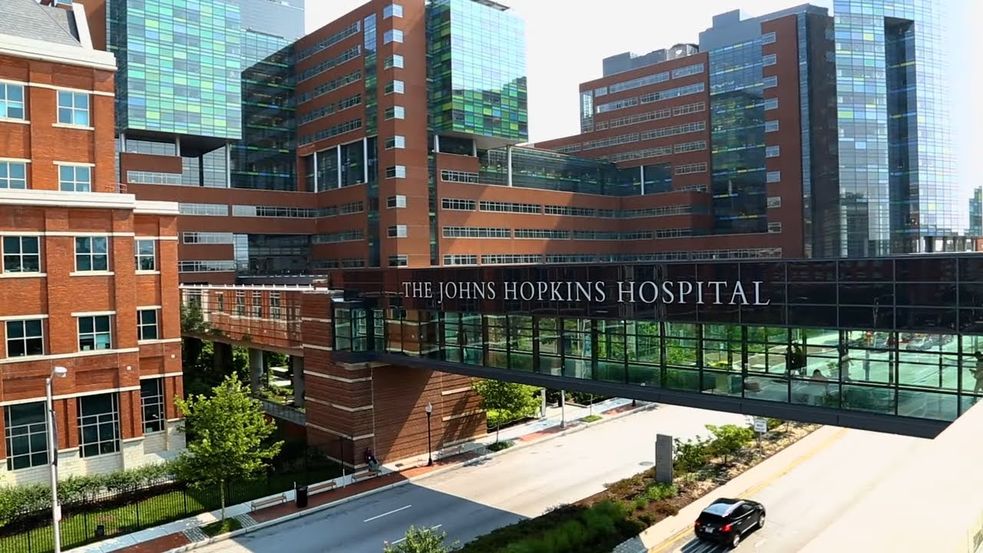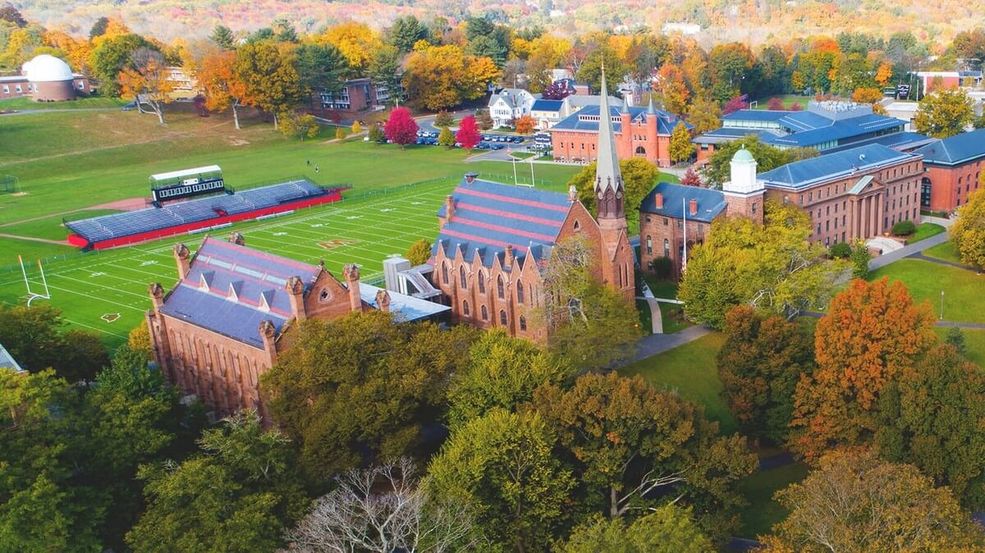Wesleyan University, a prestigious liberal arts college in Connecticut, has announced that it will no longer give preferential treatment to prospective students with family or donor ties, a practice known as “legacy admissions.” The decision was made in response to criticism that legacy admissions are a privilege for the white and wealthy and follows the recent Supreme Court ruling that race can no longer be considered a factor in admissions.
In a statement, Wesleyan University President Michael Roth said that a student’s connection to a Wesleyan graduate “indicates little about that applicant’s ability to succeed.” While the university will continue to value multi-generational attendance, there will be no legacy “bump” in the selection process going forward.
Wesleyan University joins a growing number of US universities, including Johns Hopkins and MIT, in discontinuing the use of legacy admissions. However, it is unclear how many students benefit from the policy each year, with studies suggesting that the numbers are significant. An Associated Press review found that the proportion of legacy cases among first-year students at some top universities stood between 4% and 23%. At some institutions, there were more legacy students than black students.

A Pew Research Center poll conducted last year found that 75% of Americans were against legacy admissions, up from 68% in 2019. The practice has also faced criticism from US President Joe Biden, who has called for “adversity” to be considered in the college admissions process.
While some admissions experts predict that more schools will follow Wesleyan’s lead, others suggest that high-profile institutions, particularly in the Ivy League, will resist change due to the financial benefits of legacy admissions. Instead, some universities may shift their focus to “donor legacy” cases, in which families make donations to the institution.
Ending preferential legacy admissions is seen as an important step toward promoting diversity in higher education. However, as Roth noted in his statement, it is just one aspect of a broader effort to foster a variety of ways to achieve diversity in the student body. Wesleyan University is committed to geographic diversity, recruiting efforts in rural America, and supporting undergraduate students from Africa through the Wesleyan African Scholars Program. The university will also strengthen outreach to community-based organizations and college access programs and ensure the sustainability of its Center for Prison Education, a degree program for incarcerated individuals in Connecticut prisons.
